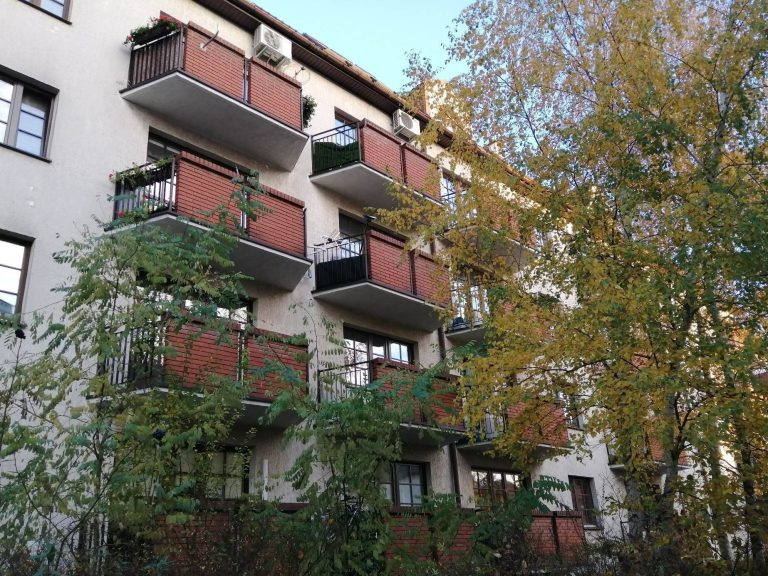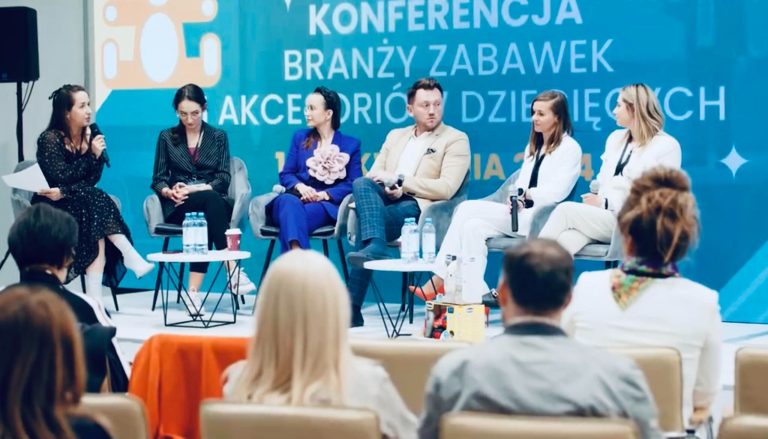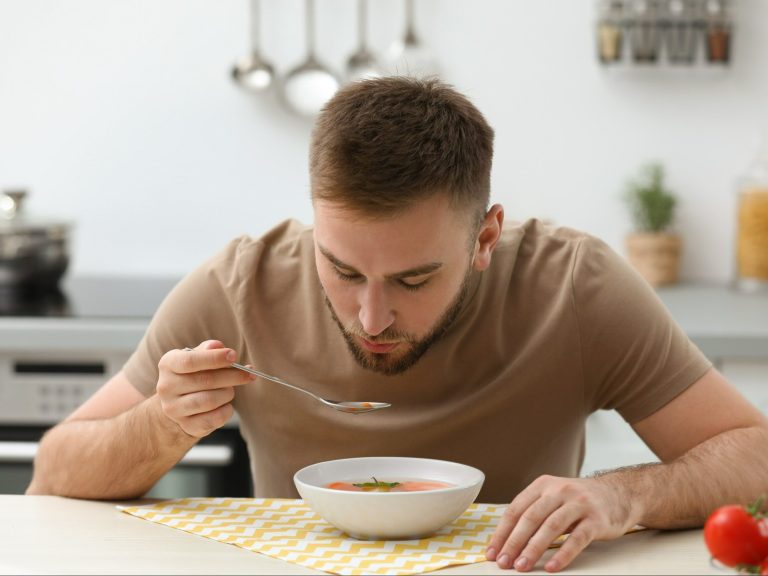Closeness is the most important thing in supporting the patient

On the World Day of the Sick, celebrated on February 11, the words “I am close” take on special meaning. This is a good time to focus on supporting loved ones struggling with diseases, especially cancer ones, because the closeness of another person and words of support are extremely powerful.
– Oncological diagnosis is a moment of crisis. It introduces a sense of threat and uncertainty about our future into our lives. These anxieties give rise to anxiety, fear, depression and sadness. Emotions and feelings experienced during the diagnosis and treatment process depend on the stage of the disease, its severity, the patient’s predispositions and the aura of his immediate surroundings. From the very first moments, life after diagnosis must be arranged anew. This applies to both the patient and his relatives. Wise support for a sick person is a great art – emphasizes Joanna Pruban, psychologist, psycho-oncology specialist, educator, Department of Oncology and Oncological Surgery for Children and Adolescents, Institute of Mother and Child in Warsaw, member of the board of the SARCOMA Association. Hope is also given to patients by the development of molecular diagnostics and targeted therapies, which have been changing the face of cancer in recent years. Thanks to them, cancer can in many cases be cured or treated as a chronic disease.
Cancers are most common
Currently, malignant tumors are among the most common diseases affecting humanity. Cancer is becoming a chronic disease – according to data from the National Cancer Registry, approximately 170,000 people were diagnosed with cancer in 2019. Despite medical progress and the fact that cancer can be effectively treated in many cases today, stereotypes are still present in public consciousness. This causes a heavy psychological burden on the patient and his or her surroundings. As shown by a nationwide public opinion survey, Poles very often do not know how to support or what to say to a loved one diagnosed with cancer, and they feel helpless in the face of it.
Each of us, when faced with a cancer diagnosis, directly as a patient or a loved one of a sick person, may react differently – the most important thing in all this is to give ourselves space for the prevailing emotions. It is worth remembering that you can ask for help and support from specialists such as: psychologist, psychotherapist, psychiatrist, psycho-oncologist – this applies to both the patient and his support persons.
– Oncological therapy is not only medical treatment – the success of the treatment process is equally determined by proper care of the patient’s mental state and emotional condition. In the context of oncological diseases, the role of a psychologist cannot be overestimated. The patient’s relationship with the psycho-oncologist is full of security, it can provide support even in the most difficult situations, and reduce stress, anxiety and fear. People who accompany sick people may also need help from a psychologist. None of us are born with the ability to react and behave appropriately in such a difficult situation as cancer. You need to learn how to cope and how to act when a loved one has cancer, explains Joanna Pruban, psychologist, psycho-oncology specialist.
Appropriate support for a sick person
In supporting a sick person, the most important thing is that the person can express everything they feel and think in a conversation. Sometimes it’s enough to just be there – to be silent together. Closeness and calm, empathetic conversation have a soothing effect and strengthen mentally. – You can’t tell a sick person “I know how you feel”, because a healthy person doesn’t know. You can’t say “it will be fine”, because we don’t know what it will be like.
You must always tell the truth and listen carefully. Giving the patient advice such as “eat healthily”, “think positively”, “don’t give up” – can make him feel depressed. These words do not contribute anything to the positive well-being of the sick person. How to implement them? – explains Joanna Pruban. – Sometimes it seems to people who support us that in a difficult situation they must say something big and strong. What is great and strong is that a loved one is close – he adds.
Substantive support is also valuable for a sick person, e.g. by searching for information about the disease and currently available diagnostic and treatment methods. Thanks to the achievements of modern medicine and appropriately fast and modern diagnostics, cancer can in many cases be cured or treated as a chronic disease.
Special therapies
Currently, based on genetic tests that provide information about changes in genes and proteins, targeted therapies are selected using drugs that block the growth and spread of cancer by directly affecting specific molecules, the so-called molecular targets. Knowledge of a given patient’s genetic profile often enables not only the treatment itself, but also monitoring of the therapeutic process, prevention and diagnosis of diseases.
– People with cancer need support, contact with their surroundings, and the awareness that they are still normal people who find themselves in a difficult situation. Cancer is often associated with shame, guilt, anger, sadness, regret, fear, and a sense of threat. This causes a heavy psychological burden on the patient and his or her surroundings. However, you can learn how to deal with cancer, says Joanna Pruban.
We encourage you to read the materials collected on the website of the “Just Two Words” campaign: www.motywdaslowa.pl






